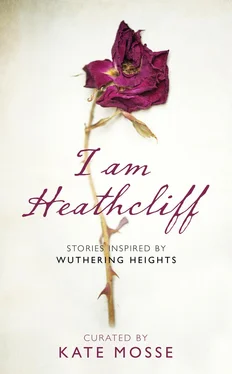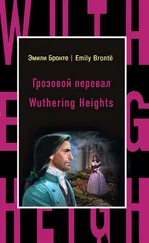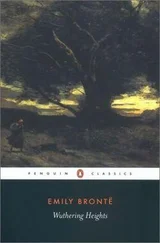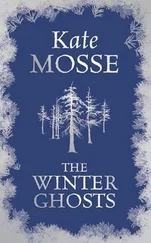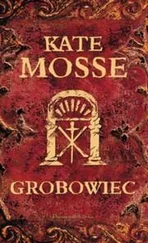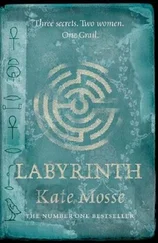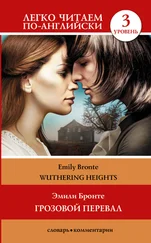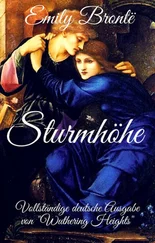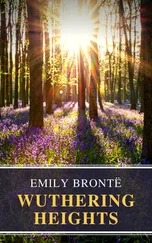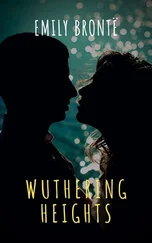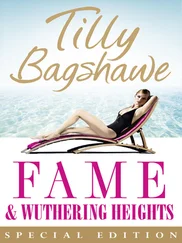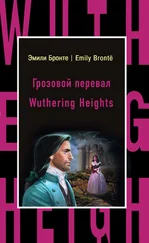Reactions to Wuthering Heights at the time were mixed. Dante Gabriel Rossetti described it as a ‘fiend of a book – an incredible monster’; Atlas as a ‘strange, inartistic story’; and Grantham’s Lady Magazine as ‘a compound of vulgar depravity and unnatural horrors.’ Douglas Jerrold’s Weekly Newspaper said: ‘ Wuthering Heights is a strange sort of book – baffling all regular criticism; yet, it is impossible to begin and not finish it; and quite as impossible to lay it aside afterwards and say nothing about it.’ However in the years after Emily Brontë’s death, the novel’s reputation took root: Lord David Cecil considered it the greatest of all Victorian novels, and Matthew Arnold said: ‘For passion, vehemence, and grief she has had no equal since Byron.’
In modern times, critics – such as the great Elaine Showalter, Sandra Gilbert, and Susan Gubar – as well as novelists and poets, from Daphne du Maurier, Helen Oyeyemi, and Margaret Drabble to Sylvia Plath have all admired, considered, been inspired by Brontë’s ‘fiend of a book’. Playwrights and choreographers, artists and composers too, in print, in opera, and song, in ballet, and plays, on screens large and small.
Here, just a few examples: Genesis’s 1976 album Wind and Wuthering and Kate Bush’s chart-topping ‘Wuthering Heights’ released two years later, both of which use direct quotations from the novel itself; the all-female Japanese opera company Takarazuka Revue, and the Northern Ballet Company; Hotbuckle Productions Theatre Company, and The John Godber Company, in a version adapted and directed by Jane Thornton; the leading Asian touring company, Tamasha, with a piece set in the deserts of Rajasthan.
And, of course, film. The earliest known screen adaptation was filmed in England in 1920, though the most famous is the 1939 black-and-white starring Laurence Olivier and Merle Oberon (and David Niven as Edgar). It omitted the second generation’s story, but was firmly situated on the Yorkshire Moors, as was Andrea Arnold’s 2011 adaptation. Luis Buñuel’s 1954 Spanish-language adaptation, Abismos de Pasi ó n , was set in Catholic Mexico, and Yoshishige Yoshida’s 1988 version was set in medieval Japan.
The sheer ingenuity and range of work inspired by Wuthering Heights is testament to the power of the ideas within the novel, the depth of characterisation, and the emotional intention of the story. As technologies change what can be achieved on screen and stage, there will be ever-new interpretations of the text, shaped and refashioned, keeping the passion for the story alive in new generations of audiences all over the world.
Now, here is this collection, published to celebrate the bicentenary of Emily Brontë’s birth in 1818. I won’t spoil the surprise of the stories that follow by summarising the work of the wonderful writers who have contributed, except to say that the pieces are wide-ranging and clever, moving and thought-provoking. Interestingly, a majority are set in modern times, rather than in the period of the novel or indeed EB’s own time. Some are about what we would call – in modern terms – violent and toxic relationships; others about the collision of grief and identity; some are visceral and savage, and others infused with the emotion and beauty of Wuthering Heights . There is even the promise of a school musical! What the stories have in common is that, despite their shared moment of inspiration, they are themselves, and their quality stands testament both to our contemporary writers’ skills, and the timelessness of Wuthering Heights . For, though mores and expectations and opportunities alter, wherever we live and whoever we are, the human heart does not change very much. We understand love and hate, jealousy and peace, grief and injustice, because we experience these things too – as writers, as readers, as our individual selves.
I’ll end where we began, with Emily Brontë’s words – and what is surely one of the most beautiful closing paragraphs in all of literature – as Lockwood looks down on the graves of Heathcliff, Linton, and Cathy. It’s a magnificent full-stop of a sentence.
‘I lingered round them, under the benign sky; watched the moths fluttering among the heath and the harebells, listened to the soft wind breathing through the grass, and wondered how any one could ever imagine unquiet slumbers for the sleepers in that quiet earth.’
Конец ознакомительного фрагмента.
Текст предоставлен ООО «ЛитРес».
Прочитайте эту книгу целиком, купив полную легальную версию на ЛитРес.
Безопасно оплатить книгу можно банковской картой Visa, MasterCard, Maestro, со счета мобильного телефона, с платежного терминала, в салоне МТС или Связной, через PayPal, WebMoney, Яндекс.Деньги, QIWI Кошелек, бонусными картами или другим удобным Вам способом.
